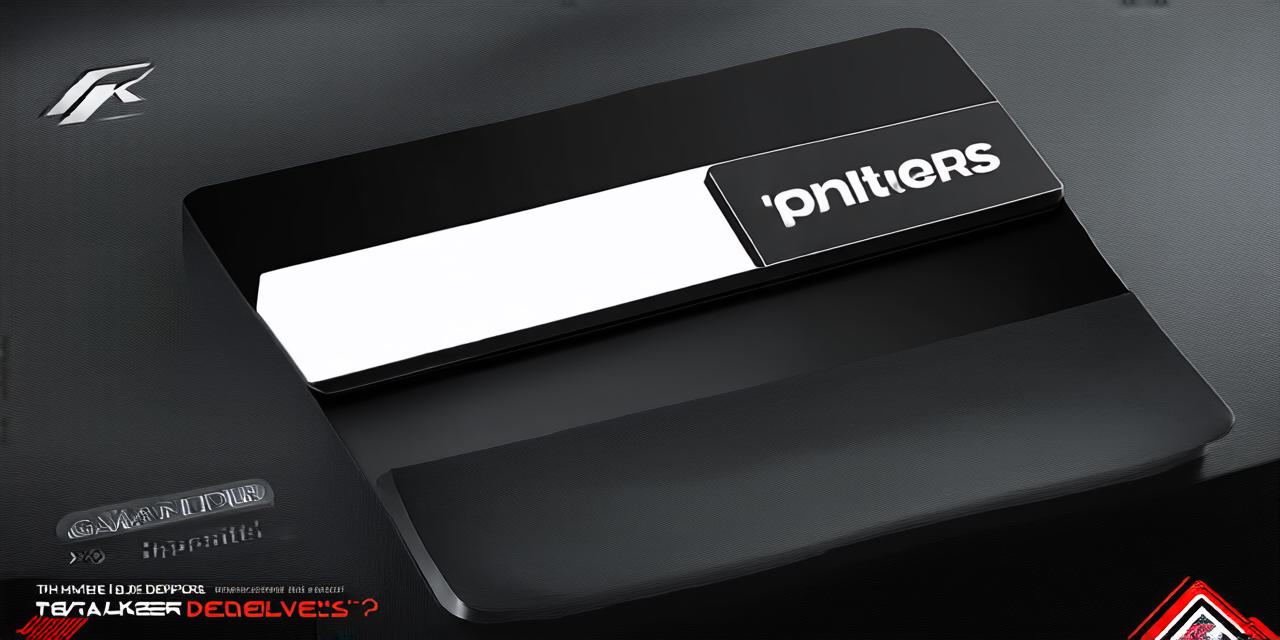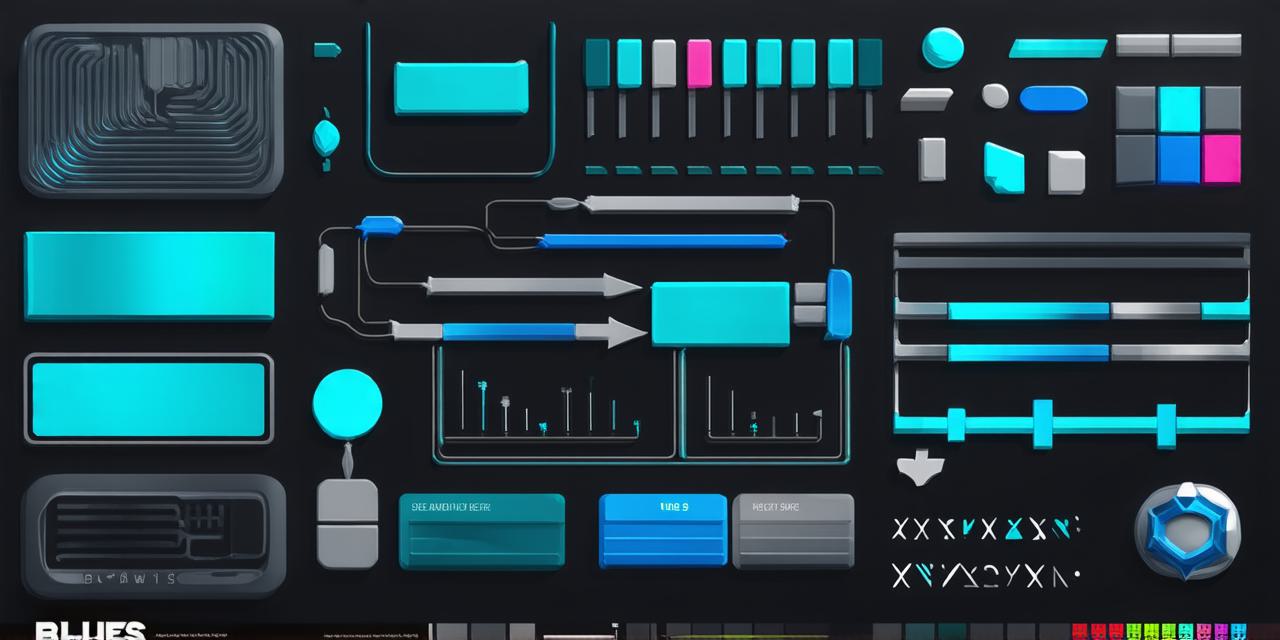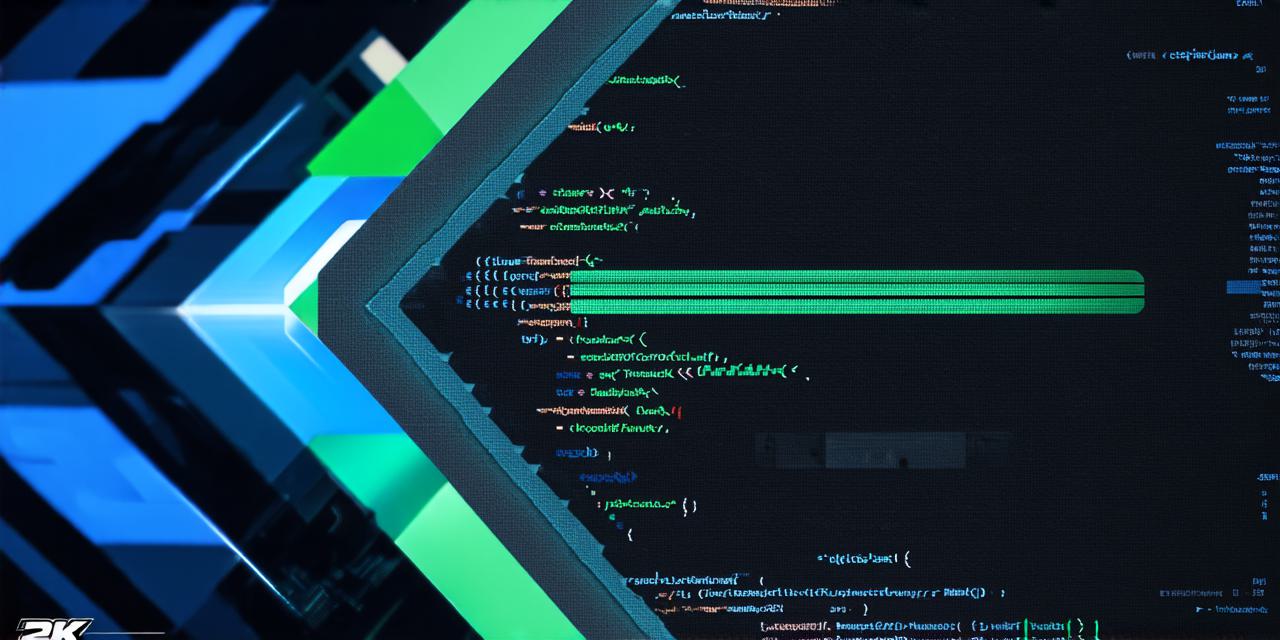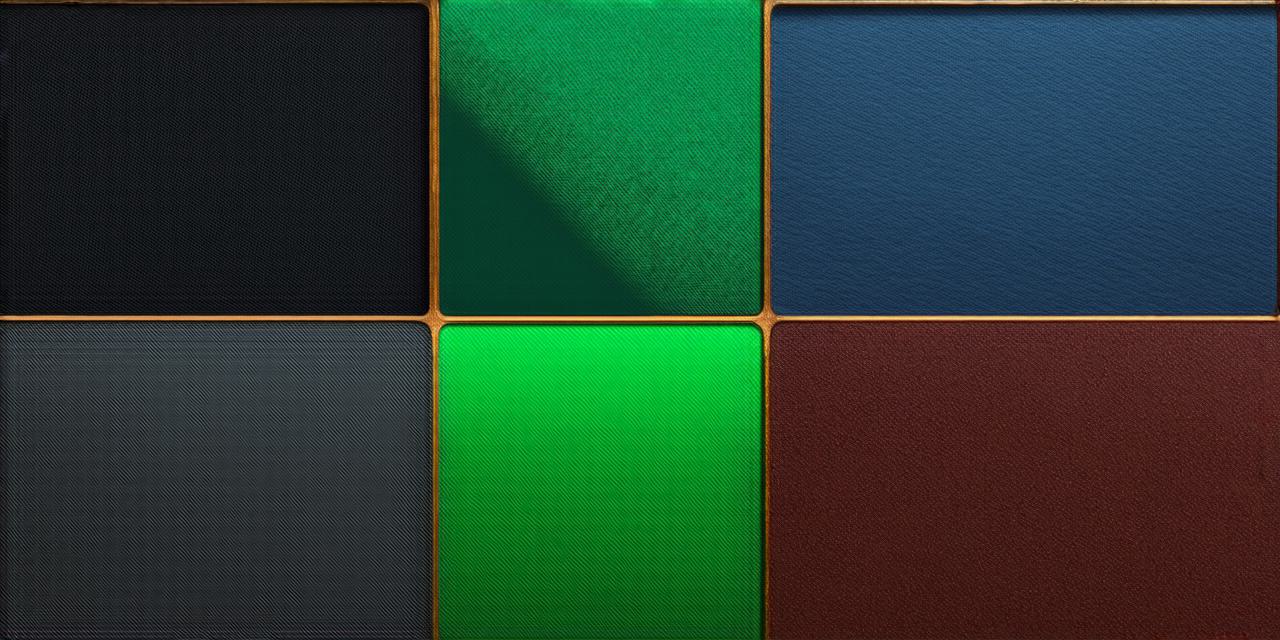
The world of game development is an exciting and competitive industry. Game developers work tirelessly to create engaging games that captivate players around the world. But when it comes to receiving payments for their work, game developers often find themselves struggling to understand the complexities of the payment process.

Types of Payment for Game Developers
There are several different types of payment that game developers may receive, depending on their role and the type of game they are working on. These include:
- Royalties: Royalties are a common form of payment for game developers who create games that generate revenue through sales or subscriptions. Developers may receive a percentage of the revenue generated from the game, typically ranging from 10% to 50%, depending on their role and the success of the game.
- Contract work: Game developers may also be paid for contract work, such as creating specific levels or features within a game. These contracts are usually negotiated with the game publisher or developer who is hiring the developer.
- Equity: In some cases, game developers may receive equity in the company that created the game. This means that they own a share of the profits generated by the game and may be entitled to a portion of the revenue as long as the game continues to generate profits.
- Crowdfunding: Game developers may also receive payments from fans who support their work through crowdfunding platforms like Kickstarter or Indiegogo. These funds can be used to help pay for development costs and other expenses associated with creating a game.
When do Game Developers Receive Payments?
The timing of payments for game developers can vary depending on the type of payment they are receiving. Here are some common scenarios:
- Royalties: Game developers who receive royalties typically receive payments based on the revenue generated by the game over a specific period, such as a month or a year. Payments may be made monthly or quarterly, and the percentage of royalties received can vary depending on the terms of the contract.
- Contract work: Game developers who are paid for contract work typically receive payments upon completion of their work. This means that they may not receive payment until the feature or level they created is released and generating revenue for the game.
- Equity: Game developers who receive equity in the company that created the game may receive payments based on the profits generated by the game over a specific period, such as a year or five years. Payments may be made annually, and the percentage of equity received can vary depending on the terms of the contract.
- Crowdfunding: Game developers who receive funds from fans through crowdfunding platforms typically receive payments once the funding campaign has reached its goal. These funds can be used to help pay for development costs and other expenses associated with creating a game.
Case Studies
Here are a few examples of when game developers have received payments:
- In 2016, the popular game developer Niantic released Pokémon Go, which quickly became one of the most downloaded and highest-grossing games in history. Game developers who created content for the game, such as new characters or locations, typically received royalties based on the revenue generated by the game over a specific period.
- In 2014, game developer Tim Schafer launched a successful Kickstarter campaign to fund the development of a new adventure game called Broken Age. Game developers who worked on the project received payments based on the funds raised through the campaign, which totaled over $3 million.
- In 2017, the popular game developer Epic Games released Fortnite, an online multiplayer battle royale game that quickly gained a massive following. Game developers who created new features or content for the game typically received payments based on the revenue generated by the game over a specific period.



